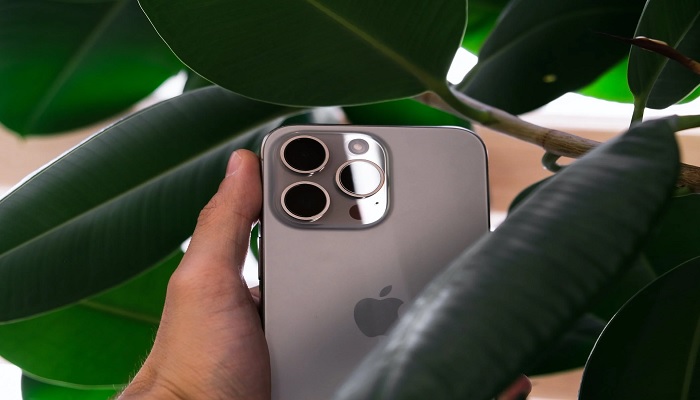
Apple, known for its cautious approach to hardware upgrades, has traditionally capped iPhone RAM at 8GB, with the highest capacities reserved for models like the iPhone 15 Pro and Pro Max.
Yet, as the AI landscape intensifies and tech companies strive to integrate advanced Large Language Models (LLMs) into their devices, Apple may need to revisit its hardware strategy. Insights from a Korean securities firm suggest that Apple is contemplating a RAM increase for the forthcoming iPhone 16. This speculation arises amidst reports that Apple is exploring ways to run on-device AI through NAND flash storage.
Although the identity of the Korean securities firm remains undisclosed, the tipster Revegnus indicates that some analysts are of the view that Apple may choose to boost the RAM in the iPhone 16 models instead of expanding their internal storage.
The exact details regarding which models might receive this RAM upgrade — whether it's across the board or limited to the iPhone 16 Pro and Pro Max — are still unclear. More RAM could significantly benefit on-device AI performance, with some estimates suggesting that future phones might require as much as 20GB of RAM for optimal functionality.
However, the decision to increase memory isn't without its challenges. Adding more RAM could necessitate a complete redesign of the logic board and might lead to increased power consumption, potentially affecting battery life.
Additionally, higher memory specs could drive up costs. With iPhones currently offering up to 1TB of storage, Apple's exploration into using NAND flash for running LLMs seems a strategic move. It's still uncertain when iPhones equipped with this technology will debut, and it seems unlikely that Apple will augment the base storage in its iPhone lineup in the immediate future.
In its latest marketing campaigns, Apple has been promoting the adequacy of 128GB as the standard memory for the iPhone 15. While this capacity may suffice for average users, future demands, particularly those necessitating on-device AI support, could challenge this status quo. If Apple's efforts to leverage NAND flash for LLMs don't materialise as planned, we might witness a notable increase in iPhone RAM in upcoming models.
















